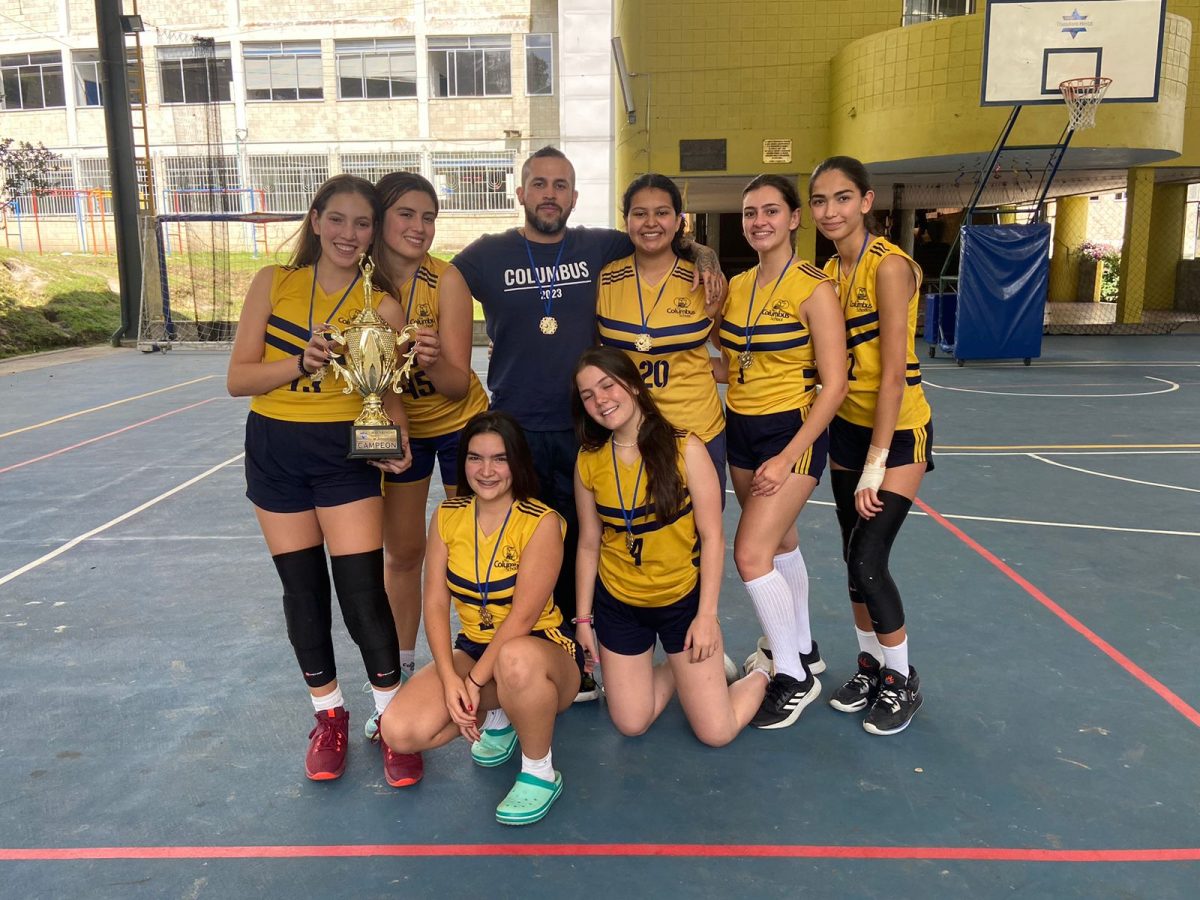As TCS students age, there is a noticeable decline in participation in extracurricular activities. Some lose interest in their pursuits, while others struggle to find the time. Additionally, the popularity of the gym has risen, with many prioritizing it over extracurricular activities. As priorities shift with age, it is intriguing to explore why, for some, their chosen activity remains a top priority.
Sofia Trujillo exemplifies a student who prioritizes her commitment to basketball, a passion she has pursued since 7th grade. Training four days a week, occasionally extending to five with Saturday sessions, she not only cultivates new friendships but also embraces the responsibility of being in a sports team like basketball. Sofia’s teammates have evolved into close friends, with enduring bonds formed since middle school. Despite the friendships, she emphasizes the need for meticulous time management to prevent her extracurricular dedication from impinging on academic excellence.
“I would recommend others to participate in an extracurricular activity because I think it’s an enjoyable way to do exercise, not only because you are playing a sport you like but also because you can be with your friends,” Sofia Trujillo, Grade 11, said.
An opposite case is Juanita Velilla, a former member of the TCS girls’ soccer team since 1st grade, who left in 9th grade due to a combination of factors. She faced challenges balancing homework and social life, feeling her study time was compromised for training. A lack of connection with older teammates and a strained team dynamic contributed to her decision. Velilla emphasizes the need for organizational skills wich she has trouble with, noting the contrasting experiences of others like Trujillo. The pandemic during her 7th and 8th-grade years, combined with living in an apartment, led to a loss of soccer skills upon her return to school after the end og the pandemic. Despite her experience, she encourages students with enough time for study and training to pursue their passions, remarking on the importance of students to adapte to changes as they grow older.
“Even though I also feel like doing a sport and having a good team is very good for your well-being, I believe that from an academic point of view, it helps a lot in academic performance, because you have more time dedication, and fewer distractions for your studies, classes and homework,” Juanita Velilla, Grade 11, states.
In the middle ground between Velilla and Trujillo is Manuela Villa, with 11 years of soccer experience. Training 4-5 days a week, her focus extends beyond school activities, as she actively participates in Club Deporting Alexis Garcia. Villa prioritizes her external club due to its more intense training environment, where soccer is everyone’s main focus, in contrast to the varied motivations of her school teammates. While juggling both commitments poses challenges, Villa believes it enhances her performance by providing double the learning and training opportunities. Despite occasional exhaustion, she appreciates school training, giving credits of her excellent coach and enjoyable tournaments. Despite having to make occasional choices between the school and outside team, Villa successfully manages her time, maintaining balance between her numerous activities.
“I think that it’s important to manage time correctly, for this, I started jotting everything down on a calendar and with this, I have everything organized,” Manuela Villa, Grade 11, said.
In summary, the decline in extracurricular participation at TCS among older students is influenced by shifting priorities and the emergence of alternative interests. While some, like Sofia Trujillo, find fulfillment in activities like basketball, others, like Juanita Velilla, struggle to balance academic demands and social life, leading to disengagement. Manuela Villa’s experience, participating both within and outside the school, highlights the potential benefits of dual involvement, emphasizing the importance of effective time management. Ultimately, the diverse experiences demonstrate the need for individuals to have different approaches to extracurricular engagement based on their circumstances.



